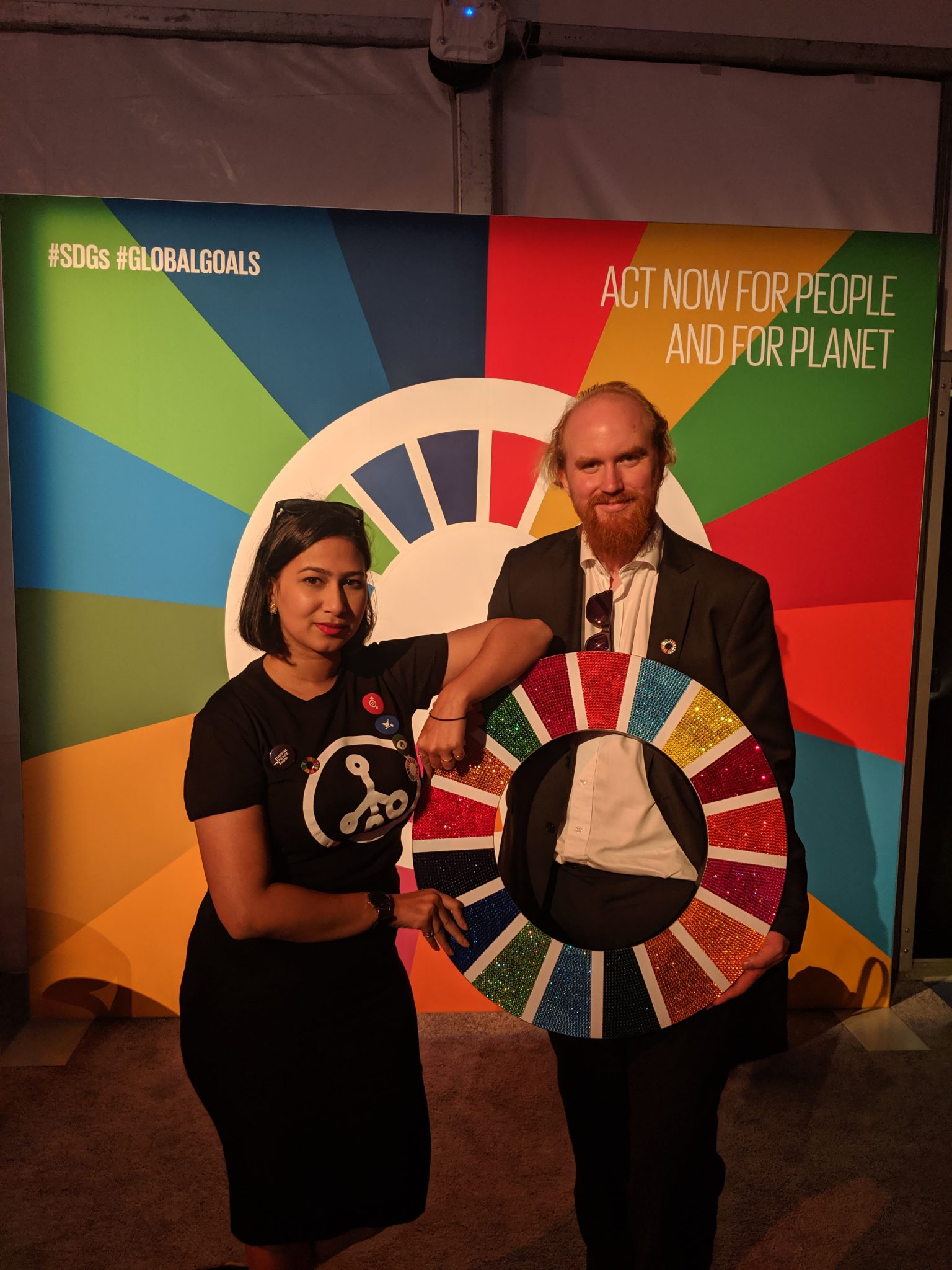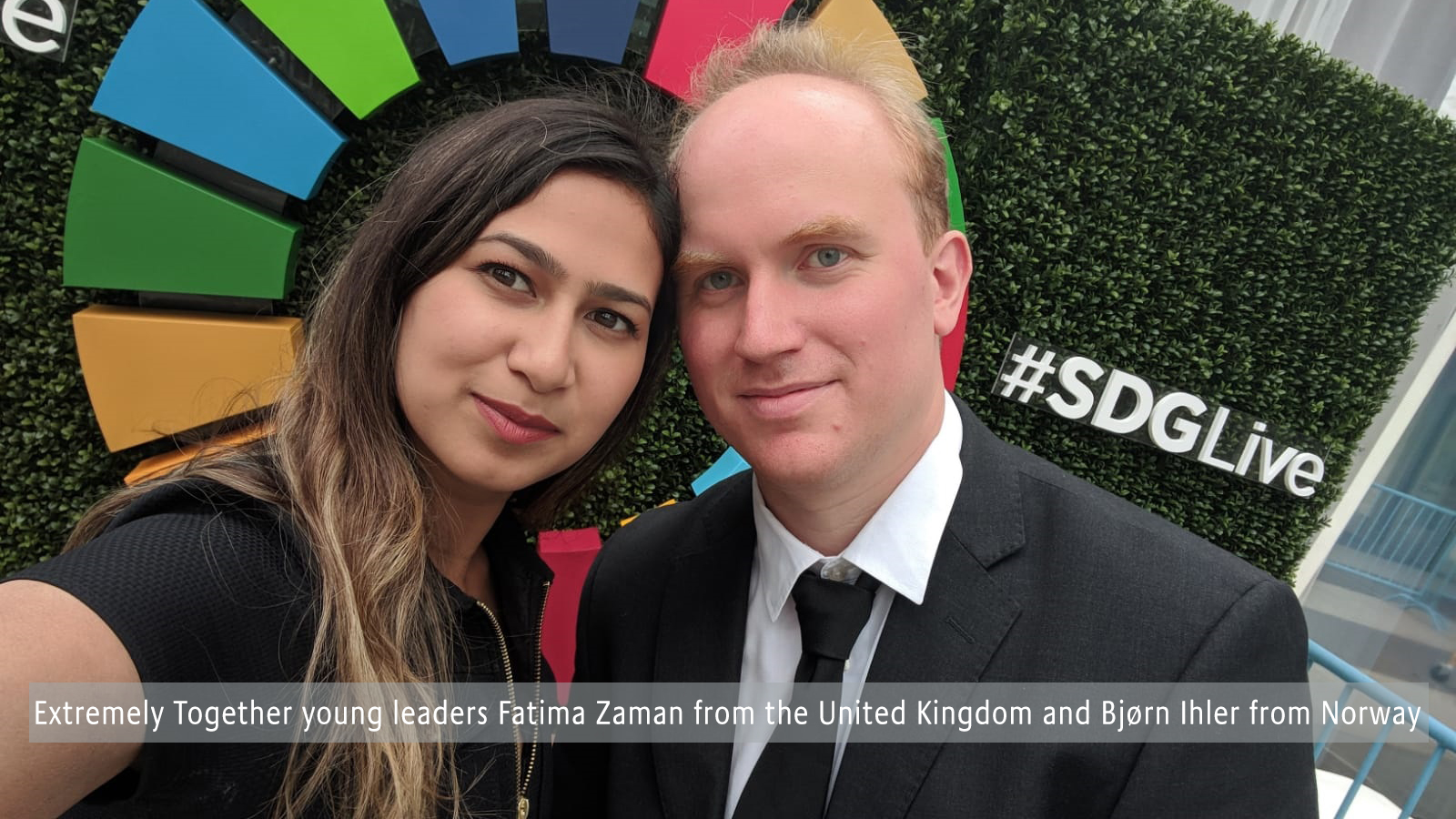Fatima Zaman – Extremism: Whose problem is it?
Young Leader from the United Kingdom, who works to research and advise on counter-extremism policy.
Almost every community, in every society and every nation has been subject to some form of violent extremism. It seems to me that terrorism has become an indispensable part of argot of the 21st century and an ideology of violent provocations that is accessible to all. Be-they young, old, male or female, modern day extremism has undoubtedly focused on Islam, with Muslims at its core.
As a young British Muslim woman, I have grown up among a society in fear of, hating and questioning extremism. I have found myself having to oft-defend a faith that has been hijacked by extremists and criticise said extremists for killing, murdering and spreading hate in my name. Very early on I found myself at the intersection of two-worlds – one where insecurity is accepted as the norm and the other where extremists brandish violence in the name of God and religion. Violent extremism is not a problem for Muslims alone; it is an inter-generational problem that requires a multi-lateral and community approach.
We can diagnose extremism as being an artefact of security, military and foreign policy, but at its roots; it is a by-product of issues of social fragmentation, disengagement and years of pent up frustration with the political order of the day – rather than a problem of religion and faith.
Extremism in all its forms – violent and non-violent, far right or left winged, domestic and foreign – poses a threat not just to life, but to our very way of life. We need to inoculate ourselves, our communities and our societies against the perverse and delusional rhetoric spewed by wild-eyed, barbaric fanatics from remote corners of the globe.
I’m interested in finding alternative narratives that seek to dispel, discredit and destroy the narratives employed by extremists.
It is not enough to merely identify the causes of violent extremism, and it is not enough to try and resolve it as individual nation-states. Too much of the valuable counter-extremism work that is being done across the world is done in silo’s, independently to one another. Just as Da’esh operates vast inter-connected networks that occupy the physical and digital space, our counter effort and prognosis needs to be equally co-ordinated, equally dynamic and readily deployable to all levels of society.
The first step to countering violent extremism is recognition. Recognising that no one government, group or individual can offer the solution, but that parts the solution lies with each and everyone of us. The onus of responsibility is on me as a young woman, as Muslim and as an activist to counter violent extremism through any and all means. It is only when we work together, share our real and lived experiences through credible voices, can we dispel, destroy and drown-out the voices of the extremists who seem to enjoy so much air time in our communities!





